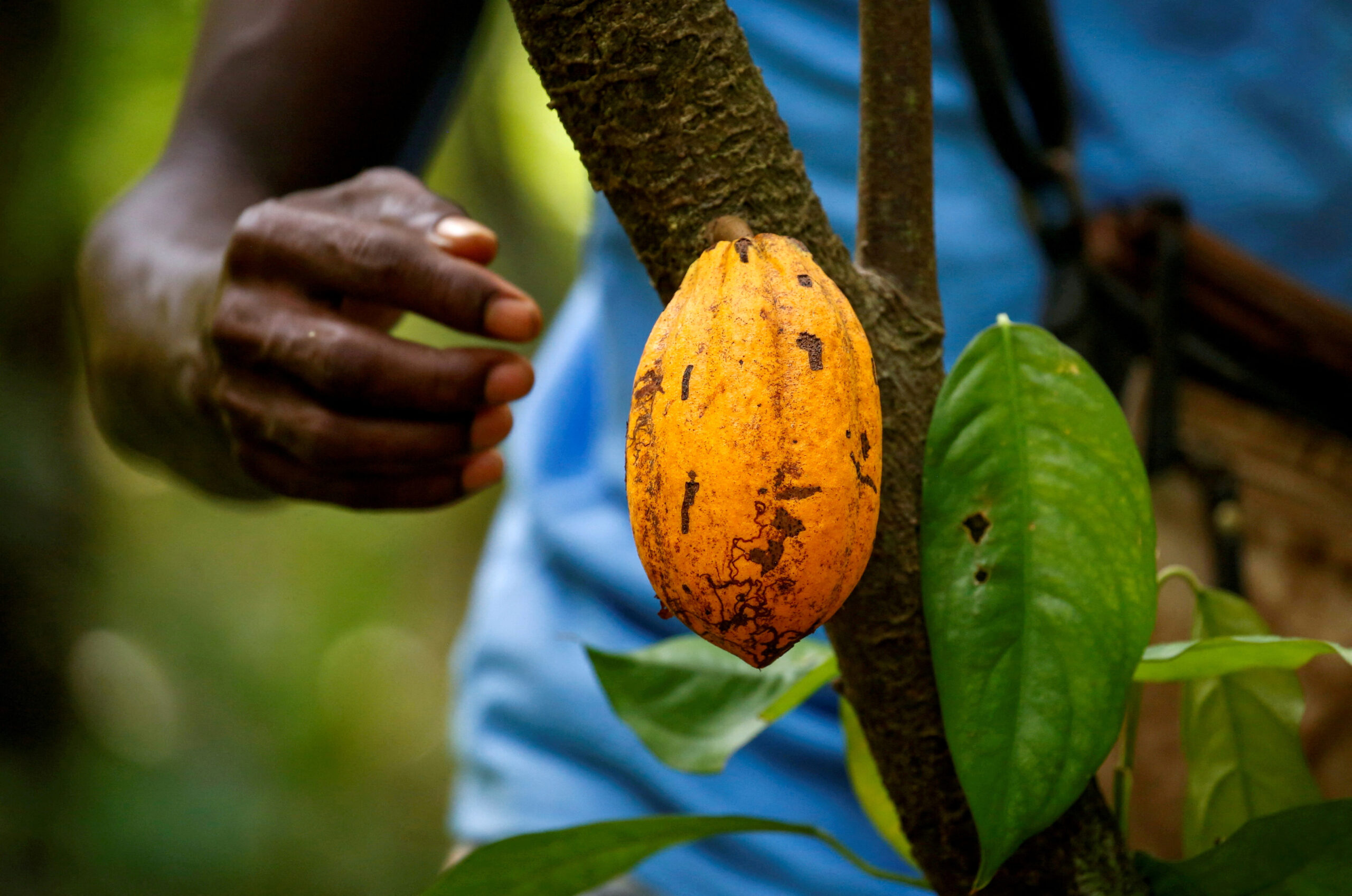
- Commodities
Ivory Coast supports cocoa exporters
Do you want to know how to make money from this?
Register for free and get expert advice, access to a training course and webinars.
Key points:
- Ivory Coast is increasing government support for small exporters in the cocoa sector to diversify the market.
- Ghana is introducing a new model for financing cocoa producers based on advance payments from traders.
- International trends towards sustainable development and attention to environmental issues are having an impact on the cocoa industry.
In a bid to boost cocoa exports, the Ivorian government has announced a significant increase in government support for small local exporters. According to two government sources, the measure will more than double annual purchases from small exporters.
It is noted that Ivorian exporters face serious difficulties in obtaining bank loans due to financial problems of local banks. As a result, they have to compete with large international companies with significant financial capacity.
Why did the government take these measures?
Côte d’Ivoire, being the world leader in cocoa bean production, has produced an average of 2.2 million tons of this product over the past three years. At the same time, the lion’s share of purchases and exports, about 80%, is concentrated in the hands of large transnational corporations.
With the start of the new cocoa harvest season in October, the government plans to provide significant financial support to small exporters. Over the next four years, they will be provided with subsidies in the amount of 10 billion CFA francs annually ($16.75 million). The goal of such a measure is to stimulate an increase in the volume of purchases by small exporters to 500,000 metric tons.
It should be noted that previously, state support for small exporters was much smaller and amounted to about 3 billion CFA francs per year. Despite this, exporters and cooperatives that purchase and export cocoa beans have already achieved good results, selling between 150,000 and 200,000 tons of products per season.
As one source in the Prime Minister’s Office noted, “Our goal is to create national champions in the cocoa sector to significantly increase their market share, which currently stands at less than 10% of total production.”
According to an official in the Ministry of Agriculture, such funding will provide an additional stimulus to the banking system, as it will strengthen the financial stability of small exporters and improve their creditworthiness.
In addition, this measure will allow them to compete more effectively in the international market, especially in the context of stricter import requirements for goods related to deforestation, which the European Union plans to introduce.
Ghana introduces new cocoa financing model
Meanwhile, in another major cocoa producer, Ghana, the Ghana Cocoa Marketing Board is developing an innovative model for financing cocoa bean purchases. Under this model, international traders will be required to make a significant advance payment of at least 60% of the total value of the forward contracts concluded at the beginning of each season.
This measure is intended to replace the practice of attracting pre-export syndicated loans from international banks that has been in place for the past three decades. Cocobod has officially announced that it will abandon this financing scheme for the 2024/25 season, an unprecedented move since 1992.
Previously, Ghana, the world’s second-largest cocoa producer after Ivory Coast, relied heavily on bank loans to finance cocoa purchases from farmers and to replenish government reserves. This helped stabilize the national currency, the cedi. However, last year, Cocobod faced a record-high interest rate of 8% on the loan, significantly increasing the financial burden on the organization. The new financing model is expected to save more than $150 million in interest payments.
Under the new system, a portion of the deposit made by a trader will be used to finance cocoa purchases from farmers through the existing network of licensed cocoa buying companies (LBCs). Thus, traders will interact directly with LBCs, providing them with the necessary financial resources to purchase cocoa beans. Cocobod’s role in this will be reduced to the function of an intermediary, ensuring coordination of all participants in the process.
Do you want to know
How to make money from the news
Register for free and get:
- Expert consultation;
- Access to the training course;
- Opportunity to participate in webinars

